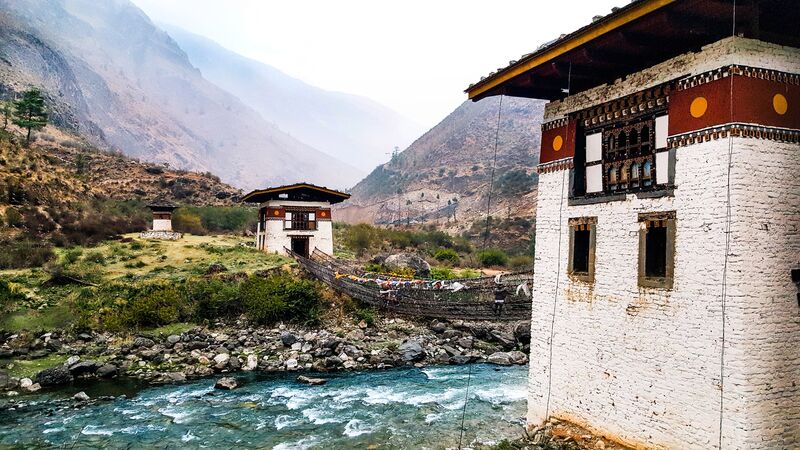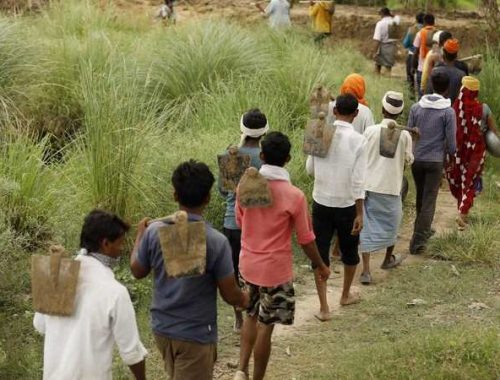THIMPHU- – Bhutan’s Ministry of Economic Affairs launched the much-awaited National Policy for Energy Efficiency and Conservation on Monday.
The policy is formulated to help govern the demand side of energy management and serve as a guiding tool for all sectors to implement energy efficiency and conservation measures.
According to the ministry, this policy would focus on energy use in building, industry, transport and household appliances. The energy efficiency and conservation measures in these four sectors will reduce the energy consumption.
The policy is expected to reduce import of petroleum, dependence on fossil fuel through various alternative solutions and efficient use of resources, officials said.
While hydropower electricity remains the top source of revenue towards GDP growth, over the years the import of fossil fuels have increased drastically, according to the ministry.
In 2018 Bhutan imported close to 108 million-U.S. dollar worth of fossil fuel that accounted for more than 67 percent of the earrings from hydropower export. In 2017 the import of fossil fuel accounted for about 71 percent of the revenue earned from export of hydropower.
Economic Affairs Minister Loknath Sharma welcomed the launch of the policy. The four sectors of building, industry, transport and household appliances have potential to save energy if used efficiently, he said.
As per government record, the building sector in Bhutan contributed to 42 percent of the total energy consumption in 2014, while the industry sector consumed 37 percent. The transport sector consumed 19 percent of the total energy.
Successful implementation of this policy will help save at least 155 kilowatts of electricity in a year, the policy stated.




